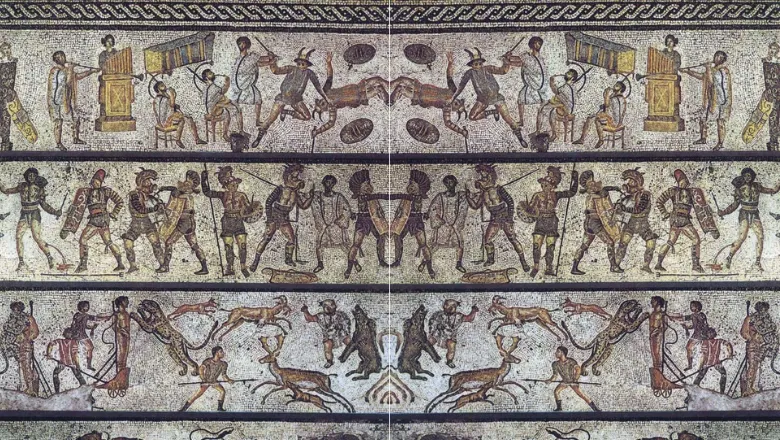Space and Oppression in the Roman World

Space and power have always walked hand in hand; it is thus no surprise that space was integral to imageries of power and narratives of oppression in Graeco-Roman literature. In early Christian texts – our richest and best-preserved accounts of Roman repression – space was a key part of accounts of persecution. To take only the most famous example, the Neronian “persecution”, it was an abuse of space – their apparent culpability for the destruction of the city in the Great Fire – that justified Christians’ condemnation. And space is equally integral to their punishment, as Christians were publicly paraded and displayed in Nero’s gardens and the Circus. But the Roman use of space to empower elites and exclude minorities was not exclusive to early Christians. Roman law and culture set strict guidelines for how women could exist in “private” and “public” spaces. The Greek novels use romance and geography to work out the consequences for Hellenic identity of the Roman conquest. Jewish rebellion is motivated by the abuse of – and punished by the erasure of – space.
Spatial theory conventionally holds that space is produced by power, whether states or their elites (e.g. Harvey 1973; Holston 1989; Lefebvre 1991). But recently new frameworks have emerged that reconsider the ability of “ordinary people” to actively produce space. Perera 2016 reframes ordinary people from “victims” to “survivors in space”, who do not passively submit to spaces imposed on them, but actively occupy, resist and transform them. Similarly, the mobility turn (Sheller and Urry 2006; Todres and Galvin 2010; Light and Brown 2020) views spaces as impermanent and mobile, constantly changing in meaning as human bodies move in, out, and around them. These frameworks provide new means to approach multiple agents’ production of space in narratives of oppression.
This conference proposes to explore the spatial strategies used to both impose and respond to oppression in the Roman world. We invite papers that do so via any of the myriad of identities and communities of the Roman world, from any of its territories, and from the earliest period of expansion up to and including late antiquity. Abstracts of 300 words should be submitted to george.oliver@kcl.ac.uk by 17.00 on 19 December 2024.
The conference will take place at King’s College London from the 10th to the 12th June 2025. Key note lectures will be delivered by Prof. Diane Spencer (University of Birmingham) and Prof. Harry O. Maier (Vancouver School of Theology).
Select Bibliography
Harvey, D. (1973) Social Justice and the City. Baltimore
Holston, J. (1989) The Modernist City: An anthropological critique of Brasilia. Chicago
Lefebvre, H. (1991 [1974]) The Production of Space. Oxford
Light, D. and L. Brown (2020) "Dwelling-mobility: A theory of the existential pull between home and away", Annals of Tourism Research 81: 1-10.
Perera, N. (2016) People's Spaces. Abingdon
Sheller, M. and J. Urry (2006) "The New Mobilities Paradigm", Environment and Planning: A Economy and Space 38(2): 207-226.
Todres, L. and K. Galvin (2010) "'Dwelling-Mobility': An existential theory of wellbeing", International Journal of Qualitative Studies on Health and Well-being 5(3): 1-6.
Search for another event
